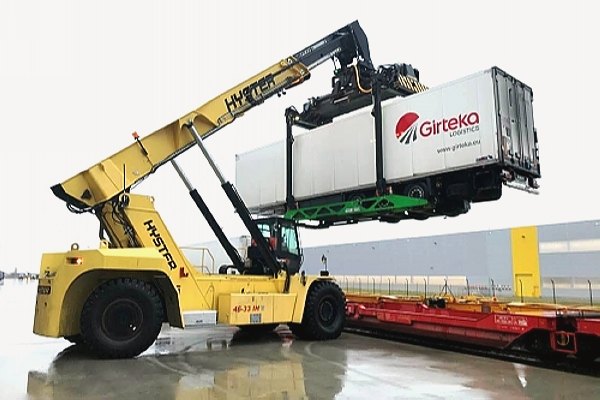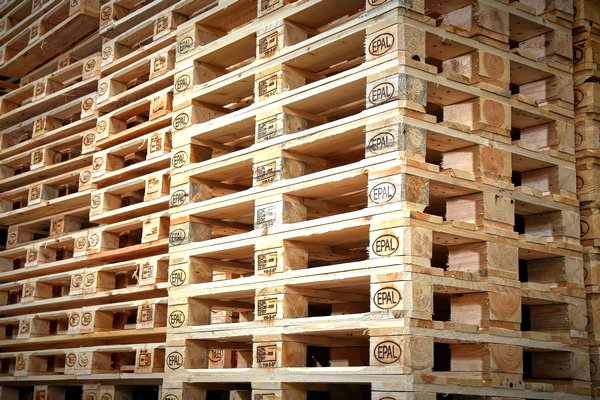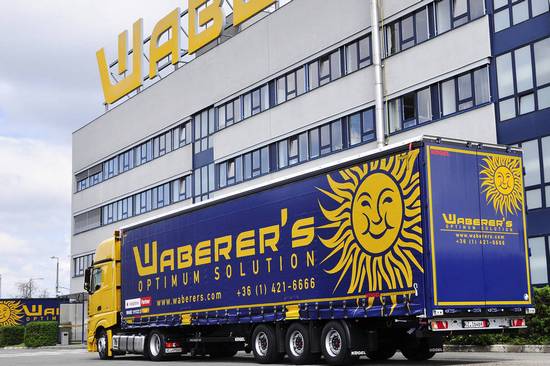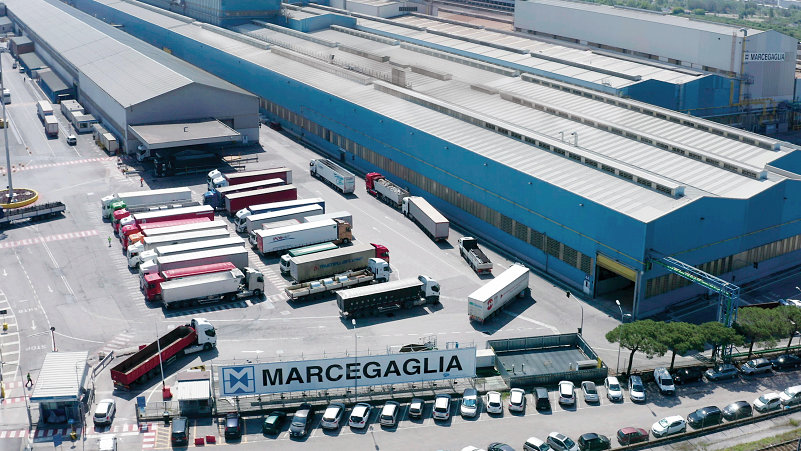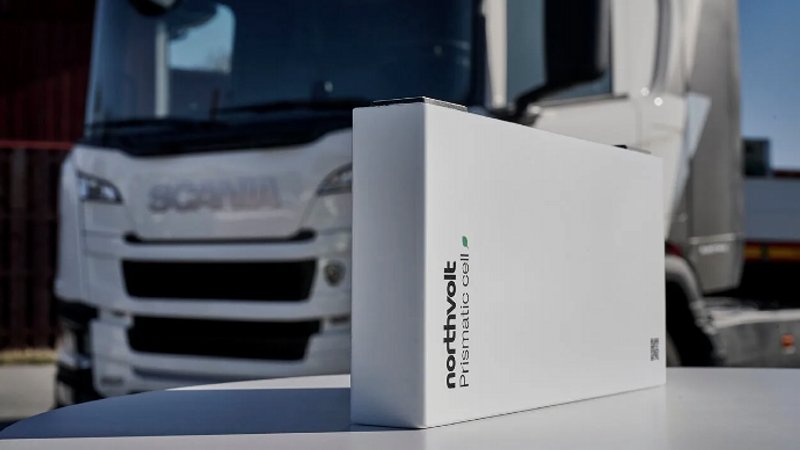A new regulation, approved by the Council of Ministers on March 26, 2024, introduces significant updates concerning pallet exchange in Italy. The measure seeks to address issues that have arisen with Decree 21/2022, making substantial amendments to articles 17-bis and 17-ter to simplify and enhance the efficiency of the process. A key development, introduced as an amendment to article 17-bis, includes new definitions.
The updated definitions include "reusable pallet," "type of pallet," "state of conservation," and "technical conformity." The text also clarifies the term "pallet systems," recognized as national, European, or international organizations that establish the technical production and repair characteristics of exchangeable pallets. To qualify, these pallet systems must possess identifiable registered or certification trademarks, adhere to technical specifications for production and repair, and undergo quality controls by independent third-party entities.
The newly introduced article 17-ter governs the procedures for the delivery and return of pallets, mandating the return of an equal number of pallets of the same type to the owner or client. This provision allows for the issuance of a "pallet voucher," which will exclusively become digital within twenty-four months of the regulation's enactment.
Failure to adhere to these stipulations grants the voucher holder the right to demand payment equivalent to the market value of the unreturned pallets. Furthermore, the regulation stipulates that failing to return the pallets within six months of the voucher's issuance obligates payment based on the pallets' market value, thereby encouraging proper exchange management.
A pivotal innovation concerns the valuation of the pallet, which is no longer linked to a ministerial decree but arises from free negotiation between the parties, according to the conventional regime of pallet system organizations. These entities, such as Epal or Eur-Uic, are tasked with calculating the average market value of the pallet and must publish the results on their official websites while monitoring the proper functioning of the exchange system.


